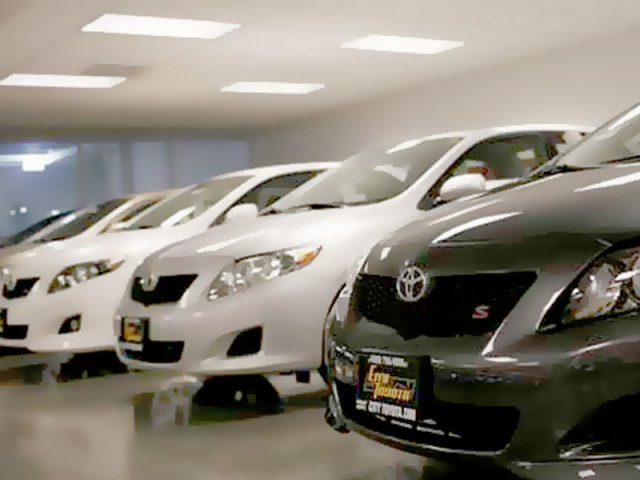Innovative solutions: China implements unusual traffic controls
1 category of vehicles out of 5 is banned each day from the roads.

Over the years, Chinese lifestyles have evolved. From only bicycles and a few motorcycles seen on the roads some decades ago, now luxury cars including Sport Utility Vehicles (SUVs) dominate the automobile market.
Last week’s ‘Beijing Motor Show’ showcased some 1,100 vehicles from 94 different brands. China is now considered one of the most lucrative markets for the automobiles. According to last year’s figures, 18.5million vehicles were sold in China during 2011 which was 25% higher than in 2010. Of the total sales for 2011, around 2.1million were SUVs. In Beijing, the number of cars registered crossed the 5million mark in February 2012.
China has come up with a new solution to controlling traffic congestion and air pollution. All the cars that ply on the capital’s roads are divided into five categories, based on the last three digits on their registration plate. Cars coming under one category are prohibited from coming on road for one day in the week between Monday and Friday. In this way, every person who has a car cannot travel by it for one day in a week. The schedule is reshuffled every three months.
This prohibition forces car users to use underground subways and buses which ply on subsidised rates at least once a week. Petrol in China costs around 8 yuan per litre and a one way ticket for the subway from one corner of capital to the other is only 2 yuan (Rs28), while for buses it is just 0.4 yuan. A Chinese official named Du told The Express Tribune that “If you already own a car in Beijing, chances are dim that you can register another. We hold a draw for registering cars since more and more people apply every month for car registration. Those who already have a car are of least priority.”
This does not mean that the rule is fully implemented. A Pakistani businessman who is living in China for two decades claimed that some people try to defy the rule but it is very rare since punishments are severe if one is caught.
After harsh criticism from the West, Beijing started taking environmental issues into account in less developed provinces.
Published in The Express Tribune, May 7th, 2012.



















COMMENTS
Comments are moderated and generally will be posted if they are on-topic and not abusive.
For more information, please see our Comments FAQ